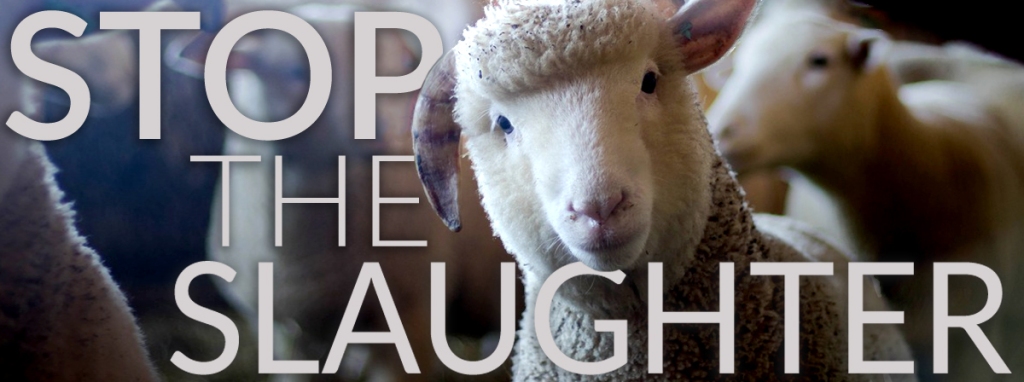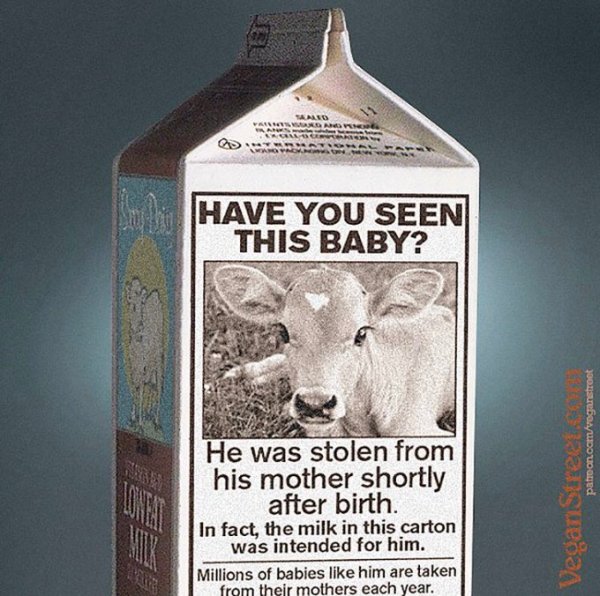Urge the USDA to Adopt Vital Elephant Health Regulation: Sample Letter

BACKGROUND
The U.S. Department of Agriculture (USDA) is responsible for adopting and implementing new regulations to protect animals, yet even though the United States Animal Health Association (USAHA)—one of the foremost organizations in the country aiming to prevent, control, and eliminate disease—recommended increased precautions regarding elephants with tuberculosis (TB) in 2010, the USDA has failed to adopt them. As a direct result, TB-positive elephants are currently crisscrossing the country and being forced to perform in circuses despite their fragile health and the very real risks of transmission to humans and other elephants.
The Elephant Tuberculosis Subcommittee of the USAHA is charged with developing and recommending science-based resolutions and regulations regarding TB in elephants. In 2010, it released updated guidelines on disease management and animal care. Its report divides elephants into four groups depending on their history with the disease and, for each, proposes treatments, travel restrictions, and, among other things, how frequently animals should be tested. The subcommittee also advocates that “minimizing or eliminating contact with the public” be considered where transmission is possible.
According to a November 2010 USAHA resolution, the USDA expressed its intent to adopt the updated standards—yet, to date, no action in this direction has been taken, presumably because of intense pressure from those like Ringling that profit off of the exploitation of animals.
State governments and other enforcement officials look to the USDA to make decisions about these matters, and it is now up to the public to urge the USDA to adopt the recommendations for the control of TB in elephants without delay. As explained in a 2011 Centers for Disease Control and Prevention report, direct contact with a TB-positive elephant is not necessary for transmission of the disease to humans. Indeed, tuberculosis carried by an elephant was recently linked to an outbreak in Tennessee among nine humans, some of whom had had no direct contact with the elephant.
But instead of removing TB-positive elephants from the road as the USAHA recommends, Ringling and other circuses keep them on the road and force them to undergo treatment while traveling and performing, putting others at risk. The effectiveness of this treatment, which can be physically exhausting and last well over nine months, is unknown. And for elephants who are already kept chained inside filthy, poorly ventilated boxcars for an average of more than 26 straight hours—and up to 100 hours at a time—it can be unfathomably brutal.
The circus will continue these cruel and dangerous practices until forced to do otherwise by the USDA. Please take a moment now to urge the USDA to do the most compassionate thing and to protect public health by adopting the USAHA’s updated 2010 elephant TB guidelines without further delay. Feel free to use the sample letter below, but personalization ensures that your communication will be read. Public comments are highly regarded, and officials listen to them when making decisions, so please forward this alert to anyone who cares about animal welfare or public health!
WHOM TO CONTACT
Chester A. Gipson, D.V.M.
Deputy Administrator
USDA-APHIS-Animal Care
chester.a.gipson@usda.gov
Gregory Parham, D.V.M.
Administrator
USDA-APHIS
gregory.l.parham@usda.gov
Tom Vilsack
Secretary of Agriculture
USDA
tom.vilsack@usda.gov
SAMPLE LETTER
Dear Deputy Administrator Gipson, Administrator Parham, and Secretary Vilsack:
I am writing to urge the U.S. Department of Agriculture (USDA) to adopt the United States Animal Health Association’s (USAHA) 2010 Guidelines for the Control of Tuberculosis in Elephants without further delay to protect both animal and human health.
When the USAHA recommended increased precautions regarding elephants with tuberculosis (TB), I imagined that they would be quickly adopted by the USDA as it is your agency’s responsibility to implement new regulations in the best interest of animals. Indeed, according to a November 2010 USAHA resolution, the USDA expressed its intent to adopt the updated standards. Yet more than a year has passed, and the USDA has taken no action, even as numerous elephants known to carry a form of TB that is highly transmissible to humans are currently crisscrossing the country and performing with circuses.
I am extremely concerned that the USDA is underwriting the abuse of animals afflicted with this potentially fatal disease, accepting the known risk of transmission from elephants to humans even without direct contact, and endangering the health of both the public and other animals.
As experts have recognized, stress influences both susceptibility to TB and its severity once infection is established. Thus, keeping elephants in cramped, filthy transport vehicles with poor ventilation for often days at a time while chained, as circuses routinely do, can increase the risk of TB transmission astronomically.
I strongly urge the USDA to immediately adopt the 2010 recommendations made by the USAHA Elephant Tuberculosis Subcommittee. It is crucial for the health of both humans and animals to restrict the travel of and quarantine animals who have been exposed to and/or tested reactive for TB. The time has come for the USDA to take proactive steps to prevent the spread of TB and to protect the welfare of elephants suffering from the disease.
Thank you for your attention to this serious issue. May I please hear back from you that you are adopting these regulations soon?
NAME













































I SUPPORT THE CONTENTS OF THIS MAIL
LikeLike
Save elephants
LikeLike
these pachyderms
so wise and sage
deserve peace
and freedom
in our modern age
LikeLike